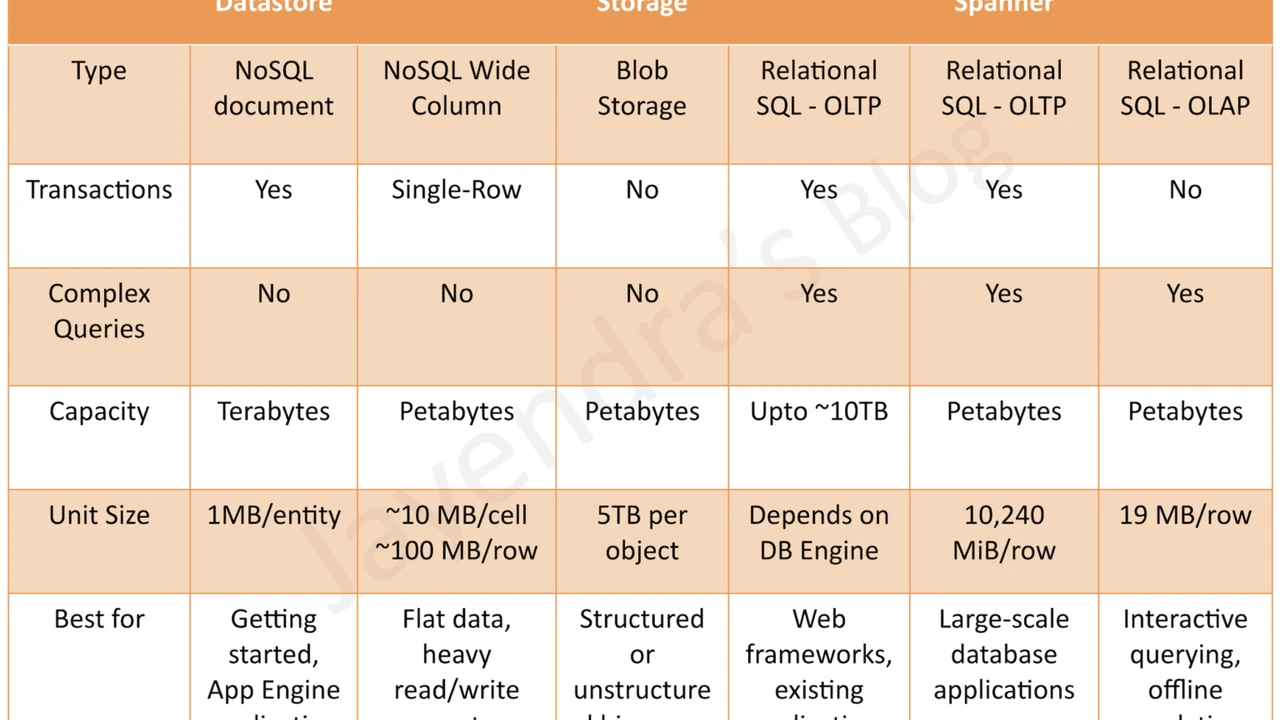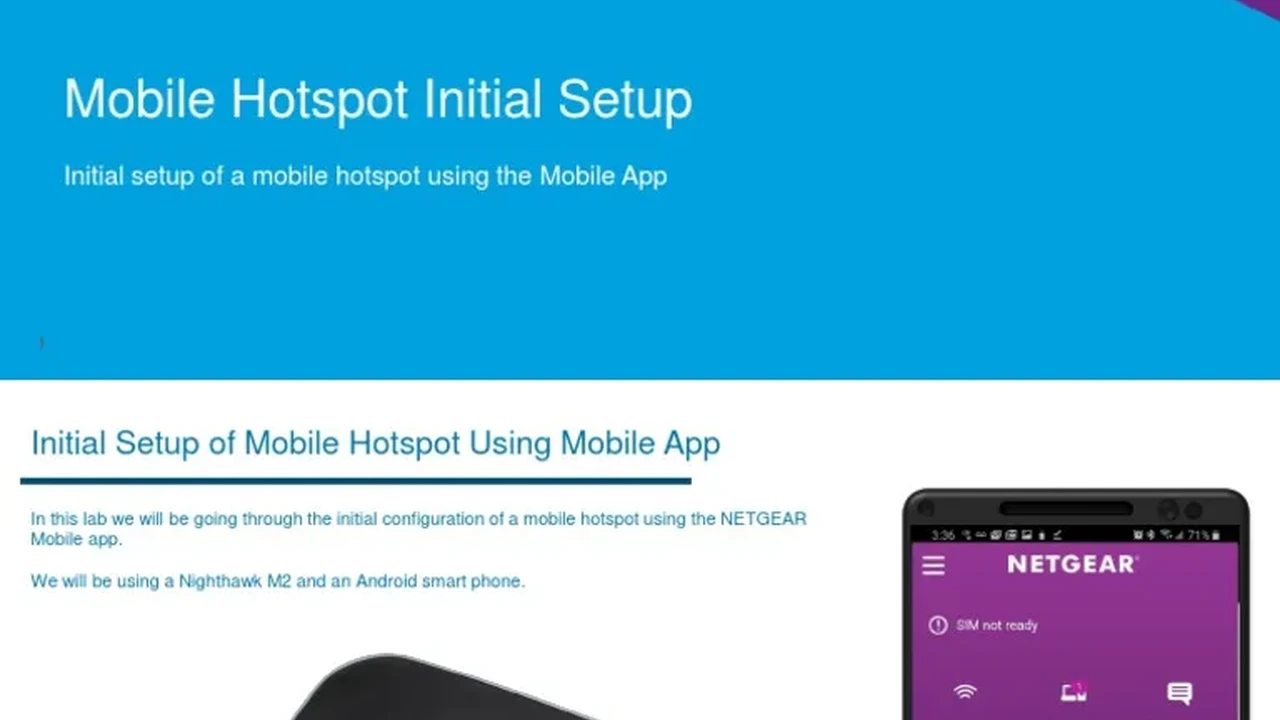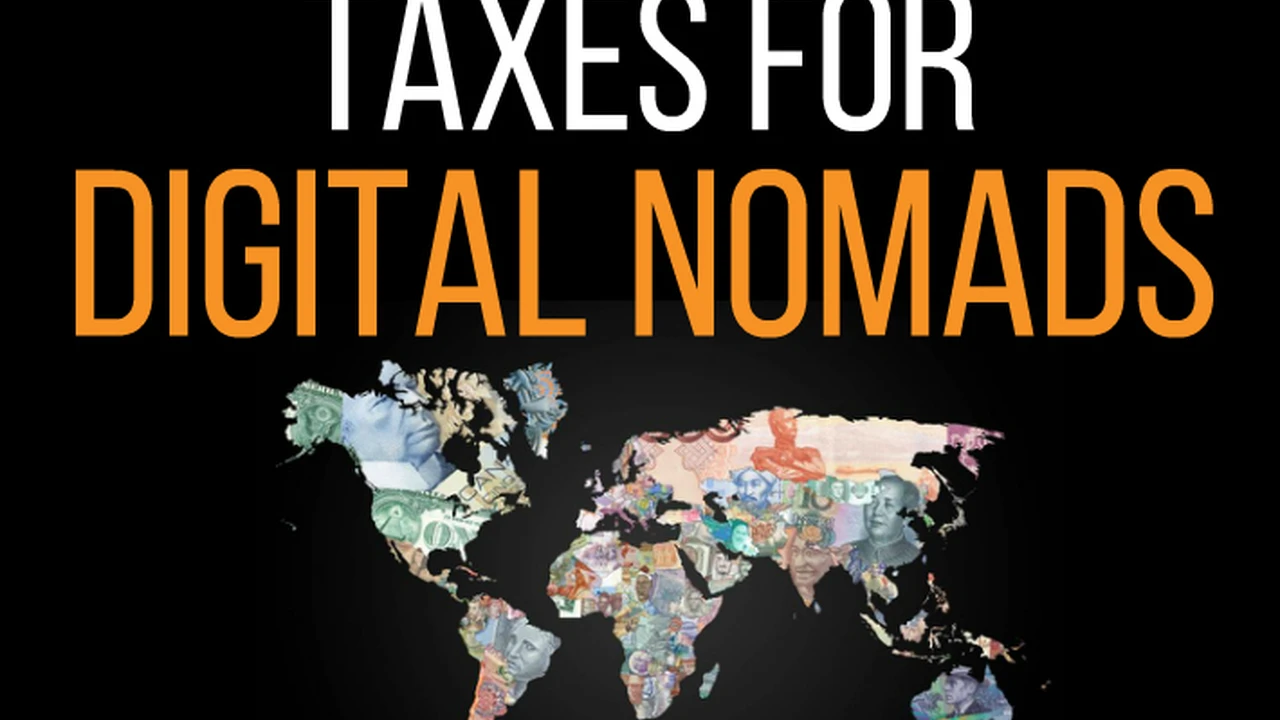Cloud Storage Options
Safeguard your data with reliable cloud storage options. This guide reviews top cloud storage providers based on security, storage capacity, and pricing. Protect your important files and access them from anywhere.

Why Cloud Storage Matters for Digital Nomads Data Security
As a digital nomad, your laptop is your office, your photos are your memories, and your documents are your lifeline. Losing this data can be devastating. Cloud storage acts as a safety net, automatically backing up your files so you can recover them even if your device is lost, stolen, or damaged. Beyond simple backup, cloud storage offers version history, allowing you to revert to previous versions of files if needed, a lifesaver when collaborating or accidentally making changes.
Key Features to Look for in Cloud Storage for Remote Workers File Sharing
Not all cloud storage is created equal. When choosing a provider, consider these key features:
- Storage Capacity: How much space do you need? Consider not just your current needs but also future growth. Photos and videos eat up space quickly.
- Security: Look for providers with strong encryption, both in transit and at rest. Two-factor authentication is a must.
- Syncing & Backup: Automatic syncing ensures your files are always up-to-date across all your devices. Backup features allow you to restore previous versions of files.
- File Sharing: Easy and secure file sharing is essential for collaboration. Look for features like password protection and expiration dates for shared links.
- Mobile Access: Can you access your files from your phone or tablet? A good mobile app is crucial for working on the go.
- Pricing: Cloud storage plans vary widely in price. Consider your budget and the features you need. Free plans often have limited storage and features.
- Customer Support: What kind of support is available if you have problems? Look for providers with responsive and helpful customer service.
Top Cloud Storage Providers for Digital Nomads Product Review
Dropbox Cloud Storage Solution
Overview: Dropbox is one of the most well-known and widely used cloud storage providers. It's known for its ease of use, reliable syncing, and excellent file sharing features.
Key Features:
- Automatic syncing across devices
- File version history
- Excellent file sharing options (password protection, expiration dates)
- Integration with many third-party apps
- User-friendly interface
Pros: Easy to use, reliable syncing, excellent file sharing, good integration with other apps.
Cons: Can be more expensive than some other options, limited storage on free plan.
Use Cases: Ideal for collaboration, sharing large files, and backing up important documents. Great for teams and individuals alike.
Pricing: Basic (free) - 2GB storage; Plus ($11.99/month) - 2TB storage; Family ($19.99/month) - 2TB storage for up to 6 users.
Google Drive Cloud Storage Productivity
Overview: Google Drive is deeply integrated with Google's ecosystem, making it a natural choice for users of Gmail, Google Docs, and other Google services.
Key Features:
- Integration with Google Docs, Sheets, and Slides
- Generous free storage (15GB shared across Google services)
- Easy file sharing
- Real-time collaboration
- Mobile apps for iOS and Android
Pros: Excellent integration with Google services, generous free storage, real-time collaboration.
Cons: Privacy concerns (Google scans your files), less focus on security compared to some other options.
Use Cases: Ideal for users of Google services, collaboration on documents, and storing photos and videos.
Pricing: 15GB free; 100GB ($1.99/month); 200GB ($2.99/month); 2TB ($9.99/month).
Microsoft OneDrive Cloud Storage Collaboration
Overview: OneDrive is Microsoft's cloud storage solution, tightly integrated with Windows and Microsoft Office.
Key Features:
- Integration with Microsoft Office apps (Word, Excel, PowerPoint)
- Automatic syncing with Windows
- File version history
- Personal Vault for sensitive files
- Mobile apps for iOS and Android
Pros: Excellent integration with Microsoft Office, automatic syncing with Windows, Personal Vault for added security.
Cons: Less user-friendly than Dropbox or Google Drive, limited storage on free plan.
Use Cases: Ideal for users of Microsoft Office, backing up Windows computers, and storing sensitive documents.
Pricing: 5GB free; 100GB ($1.99/month); 1TB (with Microsoft 365 Personal, $6.99/month); 6TB (with Microsoft 365 Family, $9.99/month).
pCloud Secure Cloud Storage
Overview: pCloud is a Swiss-based cloud storage provider that emphasizes security and privacy. It offers strong encryption and a unique \"lifetime\" plan option.
Key Features:
- Strong encryption (client-side encryption available)
- Swiss privacy laws
- Lifetime plan option
- Fairly priced
- User-friendly interface
Pros: Excellent security and privacy, lifetime plan option, good value for money.
Cons: Less well-known than Dropbox or Google Drive, fewer integrations with other apps.
Use Cases: Ideal for users who prioritize security and privacy, and those who want a long-term storage solution.
Pricing: 10GB free; 500GB ($4.99/month or $47.99/year); 2TB ($9.99/month or $95.99/year); Lifetime plans also available.
Backblaze B2 Cloud Storage Cost Effective
Overview: Backblaze B2 is a cloud storage service focused on backup and archiving. It's known for its simple pricing and unlimited storage.
Key Features:
- Unlimited storage
- Automatic backup
- Easy to use
- Affordable pricing
- Good for backing up entire computers
Pros: Unlimited storage, automatic backup, affordable pricing, simple to use.
Cons: Primarily for backup, not ideal for file sharing or collaboration, can be slow for restoring large amounts of data.
Use Cases: Ideal for backing up entire computers, storing large archives, and disaster recovery.
Pricing: $7/month per computer for unlimited backup.
Comparing Cloud Storage Options for Digital Nomads Pricing and Features
Choosing the right cloud storage depends on your individual needs and priorities. Here's a quick comparison:
- For Ease of Use: Dropbox and Google Drive are generally considered the easiest to use.
- For Google Integration: Google Drive is the obvious choice.
- For Microsoft Integration: OneDrive is the best option.
- For Security and Privacy: pCloud and Backblaze are strong contenders.
- For Unlimited Backup: Backblaze is the only option.
- For Affordability: Google Drive and Backblaze offer competitive pricing.
Cloud Storage Use Cases for Remote Work How to Use Cloud Storage
Here are some practical ways digital nomads can use cloud storage:
- Backing up important documents: Store copies of your passport, visa, insurance information, and other important documents in the cloud.
- Collaborating on projects: Share files with clients and colleagues and work on them together in real time.
- Storing photos and videos: Back up your travel photos and videos to protect your memories.
- Accessing files from anywhere: Access your files from any device, anywhere in the world.
- Protecting against data loss: Ensure you can recover your data even if your laptop is lost or stolen.
- Creating a digital archive: Store old documents, photos, and videos in the cloud to free up space on your devices.
Tips for Maximizing Cloud Storage Efficiency Data Management
Here are some tips for getting the most out of your cloud storage:
- Organize your files: Create a clear folder structure to make it easy to find what you need.
- Use strong passwords: Protect your account with a strong, unique password.
- Enable two-factor authentication: Add an extra layer of security to your account.
- Encrypt sensitive files: Use encryption to protect sensitive data.
- Clean up your cloud storage regularly: Delete old files and folders that you no longer need.
- Consider using multiple cloud storage providers: Diversify your risk by using multiple providers.
Security Considerations for Digital Nomads Online Security
Security is paramount when using cloud storage, especially as a digital nomad. Here's what to keep in mind:
- Encryption: Ensure your provider uses strong encryption both in transit and at rest. Client-side encryption offers even greater security.
- Two-Factor Authentication (2FA): Always enable 2FA for an extra layer of security.
- Password Strength: Use strong, unique passwords for each of your cloud storage accounts. A password manager can help.
- Phishing Awareness: Be wary of phishing emails that try to trick you into revealing your login credentials.
- Public Wi-Fi: Avoid accessing sensitive files on public Wi-Fi networks. Use a VPN for added security.
Future of Cloud Storage for Remote Workers Emerging Technologies
The cloud storage landscape is constantly evolving. Here are some emerging trends to watch:
- Decentralized Cloud Storage: Blockchain-based storage solutions offer greater security and privacy.
- AI-Powered Cloud Storage: AI can help you organize your files, find what you need, and automate tasks.
- Edge Computing: Bringing data storage and processing closer to the edge of the network for faster performance.
Choosing the Right Cloud Storage for Your Digital Nomad Lifestyle Final Thoughts
Selecting the ideal cloud storage solution is a critical decision for any digital nomad. Carefully consider your storage needs, security requirements, budget, and preferred features. Don't be afraid to try out a few different providers before settling on the one that best fits your unique lifestyle and workflow. Keep your data safe, accessible, and organized, and you'll be well-equipped to thrive in the world of remote work and travel.
:max_bytes(150000):strip_icc()/277019-baked-pork-chops-with-cream-of-mushroom-soup-DDMFS-beauty-4x3-BG-7505-5762b731cf30447d9cbbbbbf387beafa.jpg)






